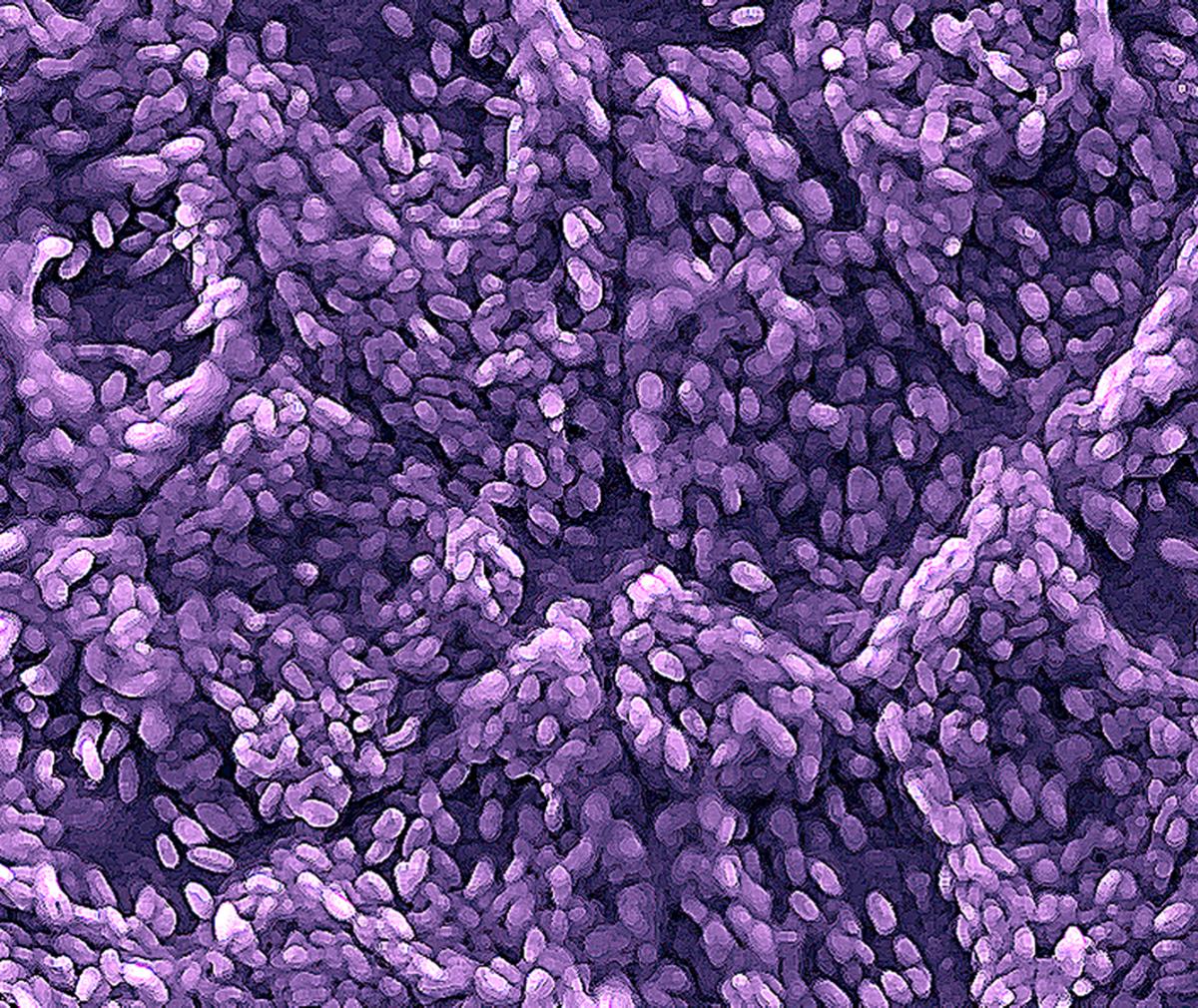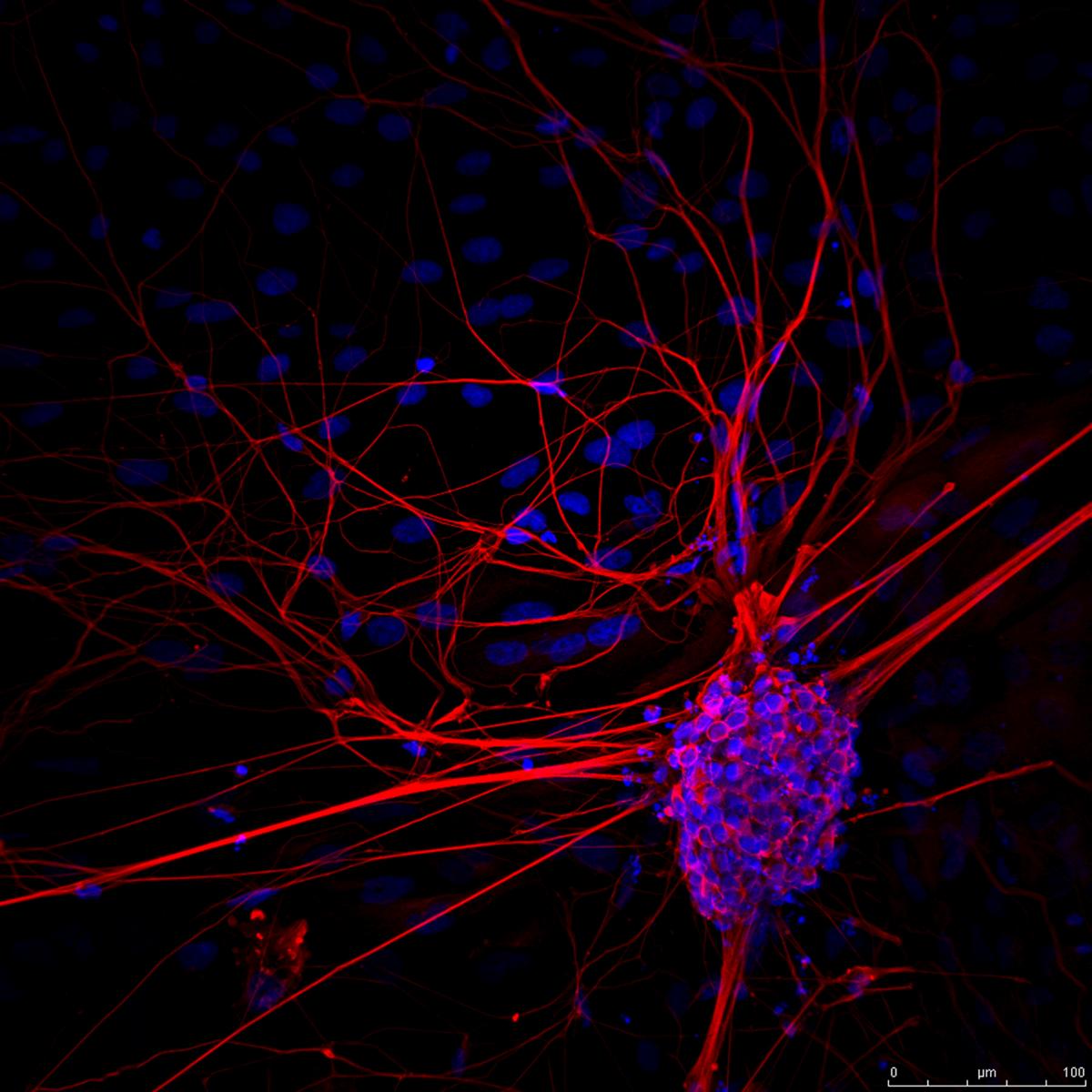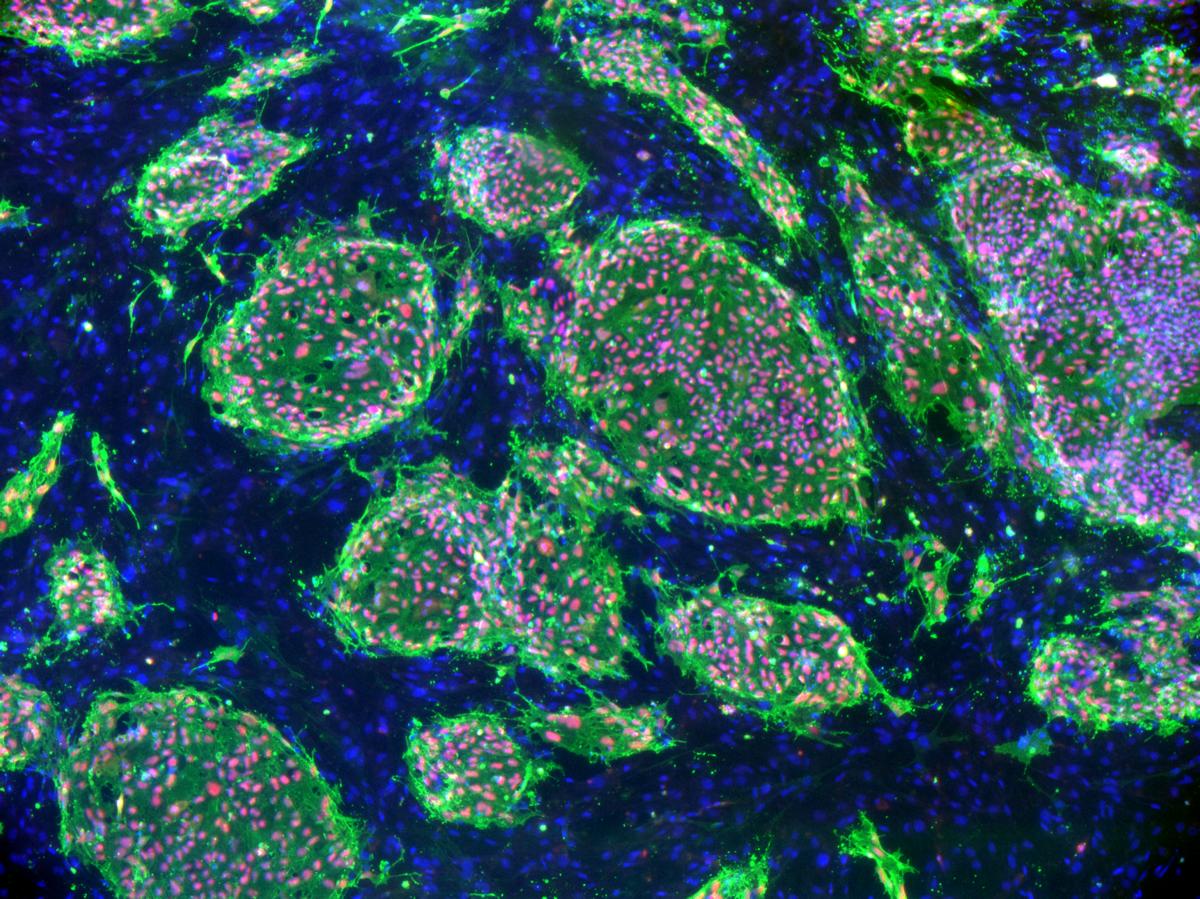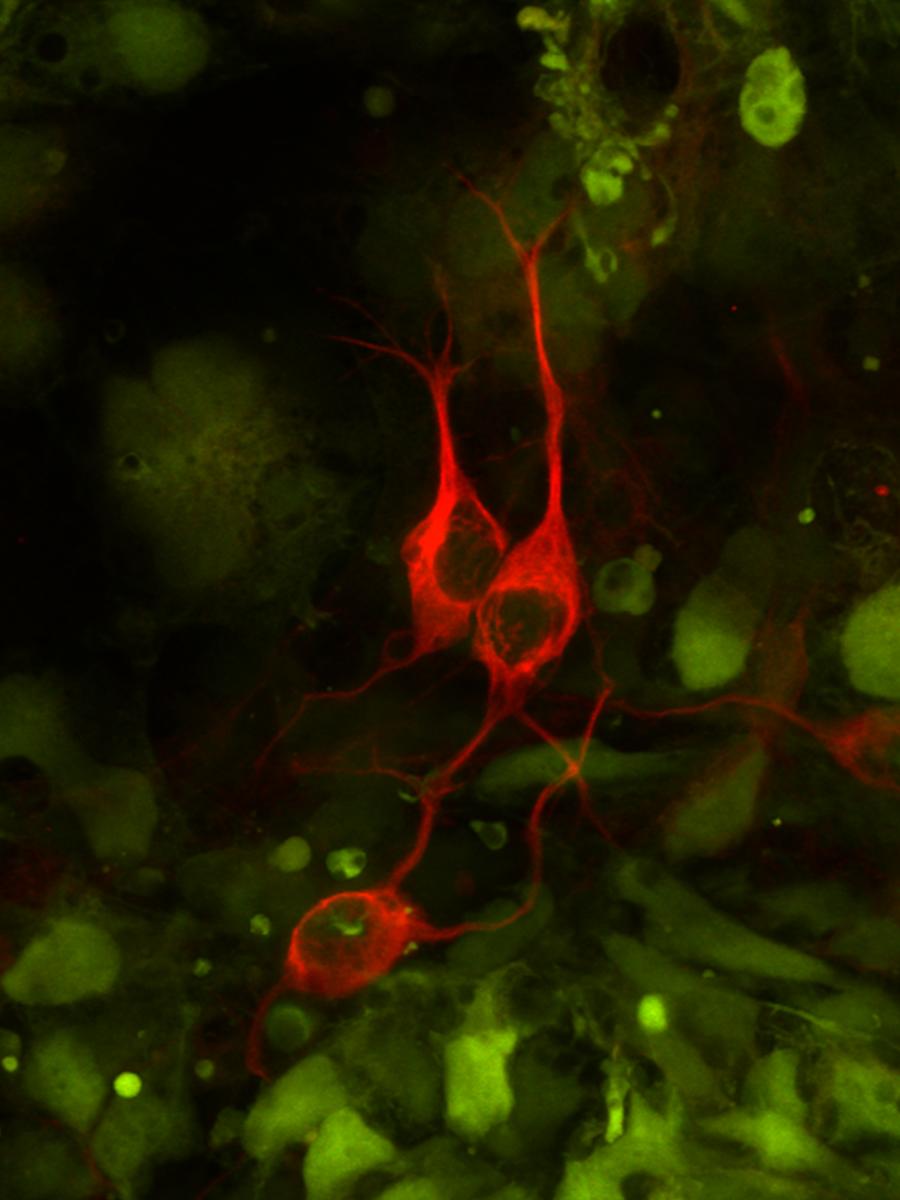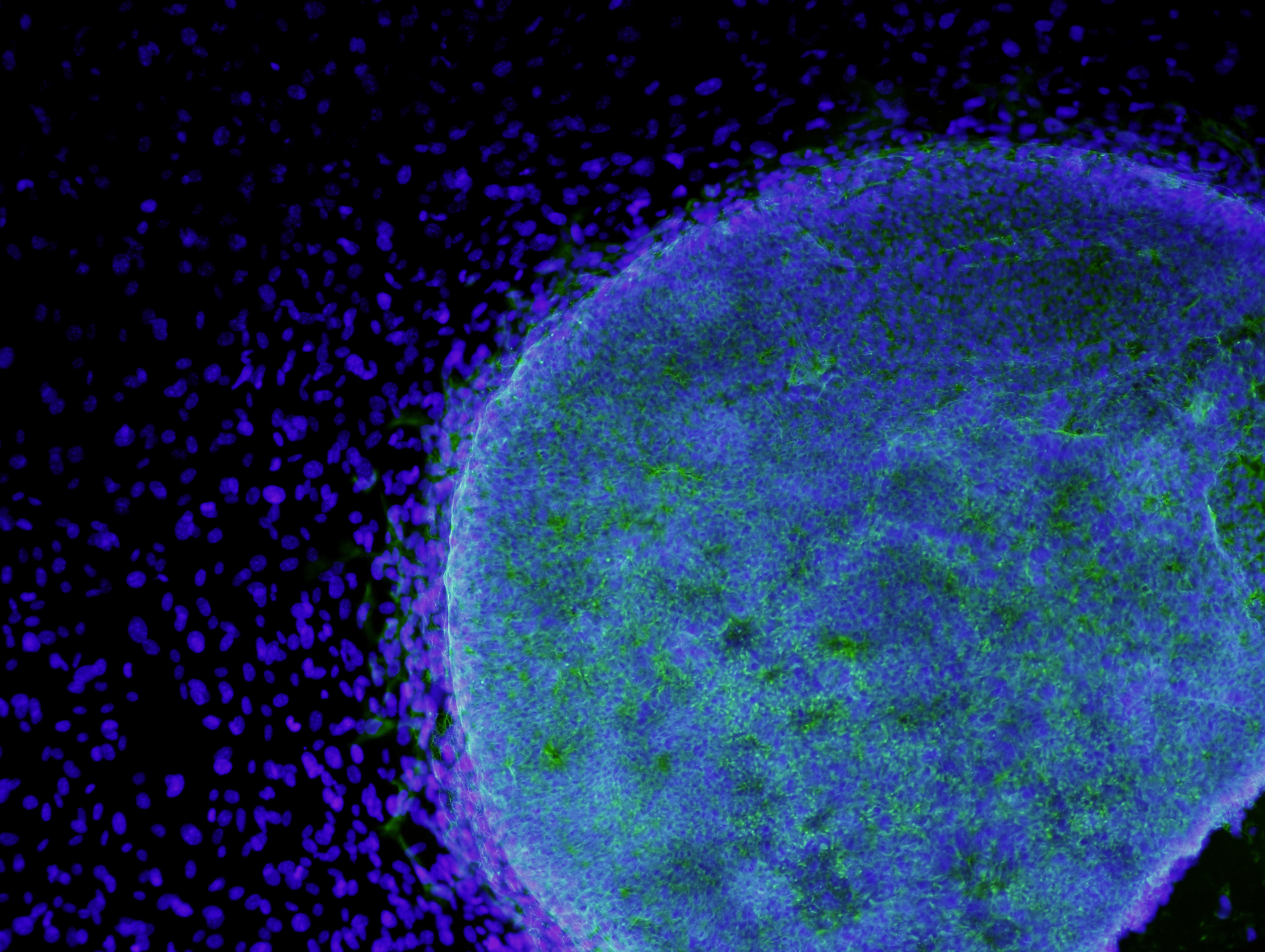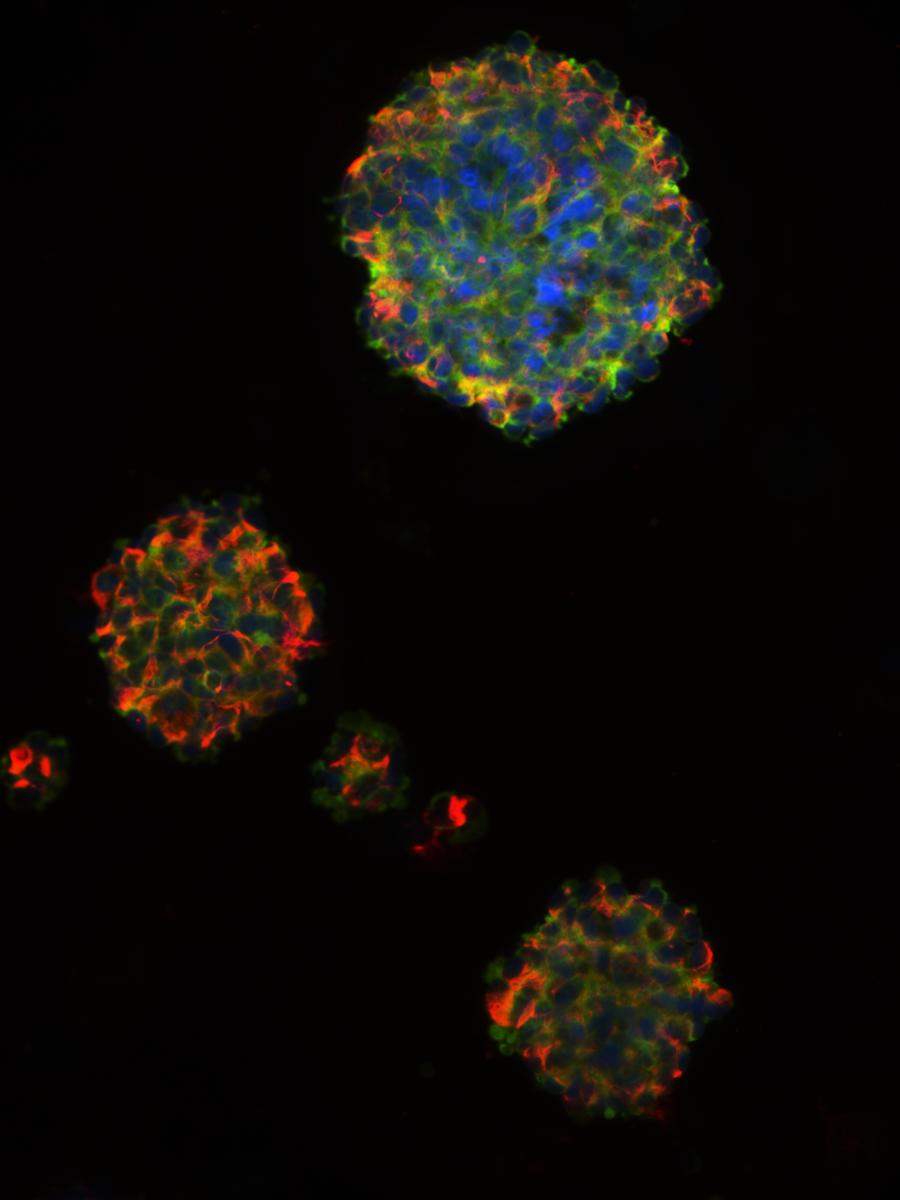|
|
|
|
|
|
|
|
Stem cell research is viewed as a critical area of study by much of the science and medical community for it’s potential towards curing disease, testing drugs, and allowing insight into early human development. While the controversial embryonic stem cell research is the most well-known, other methods exist which can also produce stem cells. Experts believe that one day stem cells may have the potential to cure or treat debilitating injuries and diseases such as spinal cord injury, Parkinson's disease, and diabetes. However, a significant amount of research is necessary before embryonic stem cells or any stem cells can be used in therapy. Due to the controversy over destroying embryos for research as well as the potential for human cloning, politics and policymakers play a significant role in stem cell research in America as well as other countries throughout the world. Many agencies such as the National Institute of Health, the National Academies, and the International Society for Stem Cell Research (ISSCR) have attempted to assist lawmakers by releasing guidelines that address the ethical concerns surrounding stem cell research.
|
|---|
Sponsors Support for this program has been generously provided by the State of Qatar and the Emir of Qatar, His Highness Sheikh Hamad Bin Khalifa Al-Thani through the State of Qatar Endowment for International Stem Cell Policy. Other sponsors for events include:
|
|---|
Please contact Kirstin Matthews for questions, problems or comments about this web site


